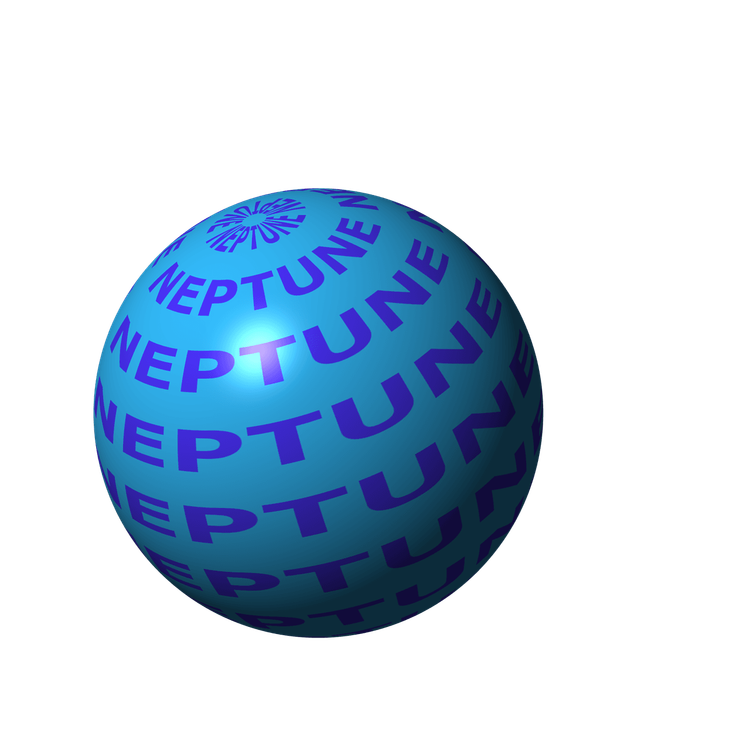**Top Stories in AI This Week**
**Google Enhances AI Overviews After Outlandish Responses**
Google has made significant technical improvements to its AI Overviews feature, which utilizes the Gemini model to deliver coherent responses to search queries. This update follows a wave of bizarre and inappropriate suggestions, such as recommending non-toxic glue for pizza toppings or claiming that jumping off the Golden Gate Bridge could alleviate depression. These outlandish responses went viral after users began sharing screenshots post-Google’s I/O event. In response, Google has implemented over a dozen improvements, including enhanced detection mechanisms for nonsensical queries and a reduction in the incorporation of user-generated content in its replies.
**Nvidia CEO: The Future is Shaped by Generative AI and Accelerated Computing**
During a keynote at the Computex event in Taiwan, Nvidia's CEO Jensen Huang emphasized the transformative potential of generative AI and accelerated computing, stating that we are on the brink of a significant computing revolution. He highlighted how generative AI is not only reshaping industries but also creating new avenues for innovation and growth. Nvidia's position as a leader in the AI field is bolstered by its advanced computing hardware, particularly GPUs, which are essential for deploying and scaling new generative AI applications. Huang noted, “The future of computing is accelerated,” as the company continues to push the limits of technology through its innovations.
**Data Center Power Demand Set to Surge**
According to a report by PGIM, global data center power consumption could skyrocket from 2% to over 20% of electricity use by 2030, driven by an intensified demand for computational capacity to support large language models. It forecasts that data center energy demands will more than double by 2026, potentially matching Japan's total electricity consumption. The report underscores the increasing workload demands placed on data centers, particularly in developed nations lagging in infrastructure development. For instance, in Ireland, data center electricity needs are projected to double, accounting for one-third of the nation’s total electricity requirement by 2026. The findings call for a balance between expanding compute workloads and securing sustainable power sources.
**AMD Launches New AI-Focused Hardware at Computex**
AMD has introduced a suite of new AI-centric hardware solutions during Computex 2024, intensifying its competition with Nvidia. Among the announcements was the launch of the Instinct MI325X accelerator, designed to directly rival Nvidia's H100 units for AI workloads in data centers. CEO Lisa Su highlighted the upcoming EPYC server processors, codenamed Turin, set for release in the latter half of 2024—just ahead of Nvidia's Blackwell hardware launch. With plans to shorten its release cycle, AMD aims to mirror Nvidia’s annual product roadmap. “This is an incredibly exciting time for AMD,” Su remarked, citing the rapid adoption of AI as a key driver for heightened demand for high-performance computing solutions.
**Microsoft and Hitachi Form $18.9 Billion Generative AI Partnership**
In a landmark multiyear partnership, Hitachi will tap into Microsoft’s AI and cloud services, integrating solutions including Azure's OpenAI Service into its Lumada digital solutions platform. This collaboration will provide Lumada with access to OpenAI models to enhance its digital offerings. Developers will also benefit from tools such as GitHub Copilot and productivity aids through Microsoft 365. The partnership is expected to generate an estimated $18.9 billion in revenue for Lumada in 2024, highlighting the substantial commercial potential of generative AI solutions.
This week's developments underscore the accelerating influence of AI technologies across various sectors, emphasizing the need for continuous innovation and strategic partnerships to navigate the evolving landscape.







